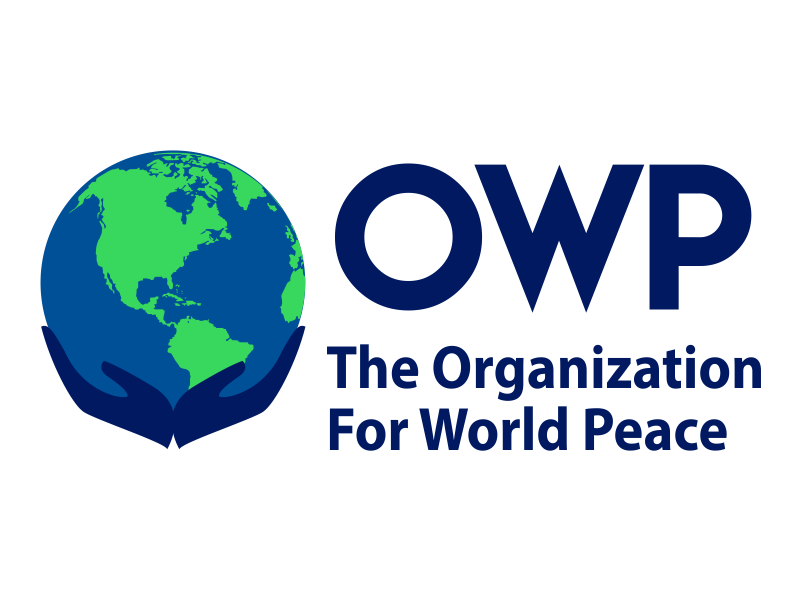Thousands of Venezuelans are fleeing to Colombia in response to violence over drug trafficking disputes. According to Reuters, Colombian Defense Minister Diego Molano said on March 28th that the power struggle between the Venezuelan military and illegal armed groups is the root of violence that persists in the country.
While civilians are not directly involved in the conflict, they continue to be caught in the cross-fire and subject to inhumane brutality. Many have accused the military of human rights abuses like looting homes and killing civilians. Venezuelan Defense Minister Vladimir Padrino Lopez rejected accusations of human rights violations on Saturday, but Venezuela’s chief prosecutor, Tarek Saab, said the violent outbreaks will be under investigation shortly.
Last week, Venezuela’s National Bolivarian Armed Forces (FANB) initiated an attack against illegal drug-trafficking groups in La Victoria, a town located just across the Aruca River from Arauquita, Colombia. Following the attack, each day hundreds of refugees from La Victoria have been crossing the Aruca to seek shelter in Arauquita. Around 4,900 refugees have been registered in Arauquita so far, with even more staying with friends and family, says Reuters. Eighteen makeshift shelters have been constructed to house Venezuelan refugees, but the small Colombian town is overwhelmed with the influx of civilians. Mayor of Arauquita Etelivar Torres tells Reuters that four coronavirus infections were detected in three of the eighteen shelters. “We weren’t prepared for something like this,” says Torres.
While Colombian towns who welcome Venezuelan refugees can act as a short term solution, small populations do not have the resources to accommodate such large numbers. As unnecessary violence continues, more suffering will ensue, and coronavirus will continue to spread in close quarters. Several days ago, Venezuelan soldiers Major Edward Corobo and Lieutenant Yonathan Duarte were killed, and many other soldiers were wounded during a border struggle with “irregular Colombian armed groups” (Reuters). The Venezuelan government and drug trafficking groups must work toward peace via strategies that protect rather than risk lives.
The Colombia-Venezuela border has been a site of conflict and humanitarian crisis for decades. Crisis Group calls the over two thousand kilometer long frontier a “magnet for guerilla groups and organized crime.” A collection of armed drug trafficking groups have stemmed from poverty, corruption and prosperous black markets in the area. A 2016 peace accord demobilized the Revolutionary Armed Forces of Colombia (FARC), who played a role in the country’s conflict that left 260,000 dead and millions displaced. However, some FARC dissidents refuse to comply to the peace deal. Former FARC commander Ivan Marquez leads one such group that the government labels “La Narcotalia,” says Reuters. Colombia has even charged Venezuelan President Nicolas Maduro with harboring rebels. In an interview regarding the coronavirus pandemic, Maduro called Venezuela a victim amidst Colombian criminal organizations. Colombian President Iván Duque Márquez requests Maduro’s removal immediately, but Maduro remains in power.
Violence along the border persists in tandem with heightening diplomatic tensions between Colombia and Venezuela. According to Crisis Group, this “bilateral estrangement” has signified a “painful rupture in cross-border family, kin and business ties.” Meanwhile, others have profited. Armed groups and entrepreneurs smuggle fuel, goods and people over illegal crossings, and coca crops have continued to grow, reaping large benefits. Venezuelan migrants and refugees have suffered the greatest consequences of border conflict. The many who have fled to Colombia in search of economic opportunity and an escape from violence have only faced poverty, sexual exploitation, and new hardships from the coronavirus pandemic.
Mitigation of poverty and violence along the Colombia-Venezuela border requires policy change in both countries. The pandemic has provided opportunities for cooperation to exchange health information, but more steps must be taken to prevent further violence and instability in the region. Colombia and Venezuela should decide on tactics to monitor the border, eliminate the effects of warring drug trafficking groups, and address the recent influx of refugees into Arauquita. The steady flow of refugees that Colombia is underprepared for has put pressure on both sides to tackle the ongoing hostilities.


